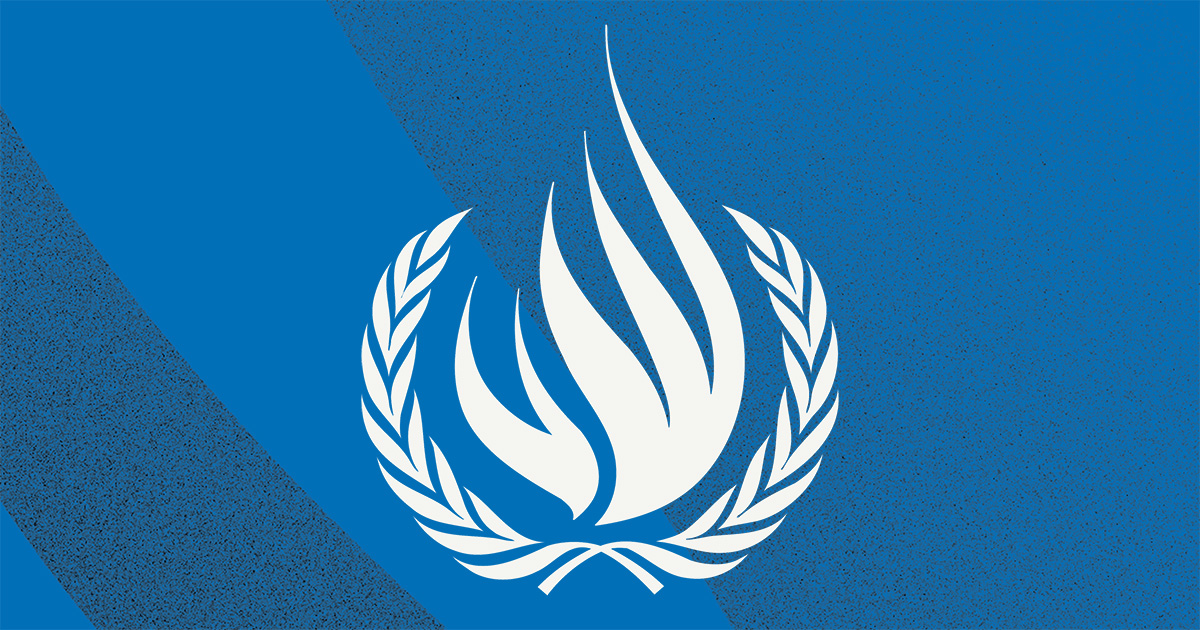
Island’s ‘peaceful image’ at risk, say critics, after president signs death warrants
COLOMBO: A decision by Sri Lanka’s president to order the execution of four drug offenders, ending a 43-year moratorium on capital punishment, has drawn criticism from foreign governments.
On Wednesday, President Maithripala Sirisena signed the death warrants for four drug dealers, saying that the government was committed to combating the narcotics scourge on the island.
Drugs had become a serious menace across Sri Lanka, which now had 300,000 addicts, he said.
Up to 60 percent of the country’s 24,000 prison inmates had been jailed for drug-related offenses, the Sri Lankan leader added.
The government last executed a prisoner in 1976, but there are 1,299 inmates on death row, including 48 convicted of drug offenses.
Sirisena said the four prisoners facing execution and their next of kin will be informed of the decision.“The convicts could appeal for clemency,” he said.
The Canadian, UK and Swiss governments were joined by the EU in condemning the decision.
In Colombo, the Canadian High Commission said: “We join many Sri Lankans and friends of Sri Lanka around the world in urging the government to maintain the moratorium on the death penalty.
“Canada is deeply concerned by reports that Sri Lanka is considering a reversal of its long-standing moratorium on the death penalty.
“We strongly and unequivocally oppose the use of the death penalty in all cases. This form of punishment is incompatible with human dignity and can lead to irreversible miscarriages of justice. No justice system is immune from error.”
The Canadian mission also said there is no evidence that the death penalty is an effective deterrent.
“The resumption of executions would do little to rebuild Sri Lanka’s image as a peaceful and welcoming destination for travelers and investment,” it said.
A Foreign and Commonwealth Office spokesman in London said the UK “opposes the use of the death penalty in all circumstances as a matter of principle.”
Sri Lanka voted in favor of a global moratorium on the death penalty at the UN General Assembly just six months ago, he said.
“A reversal of this policy would be a regressive step that would harm Sri Lanka’s international standing, and its reputation as a tourist destination and growing center for business.”
He said that implementation of the death penalty will make it more difficult for the UK to cooperate on law enforcement issues, including counterterrorism, and will require the UK to review its assistance programs on policing, defense and other security issues.
“We have raised our concerns at the highest levels of the Sri Lankan government,” he said.
The EU said that the move will damage the country’s economic ties, and “send a wrong signal to the international community, investors and partners of the country.”
Highlighting the “inhuman and degrading nature of the punishment,” the EU pointed out that studies show that the death penalty fails to act as a deterrent.
Swiss Ambassador Hanspeter Mock said on Twitter: “Months ago (Sri Lanka) officially confirmed at the UN its commitment to maintain the moratorium on #DeathPenalty.”
Amnesty International Secretary-General Kumi Naidoo called on Sirisena to abandon plans to resume executions.
“When most of the world has turned its back on the death penalty, particularly for drug-related crimes, Sri Lanka risks heading in the wrong direction and joining a shrinking minority of states that persist with the practice,” he said












